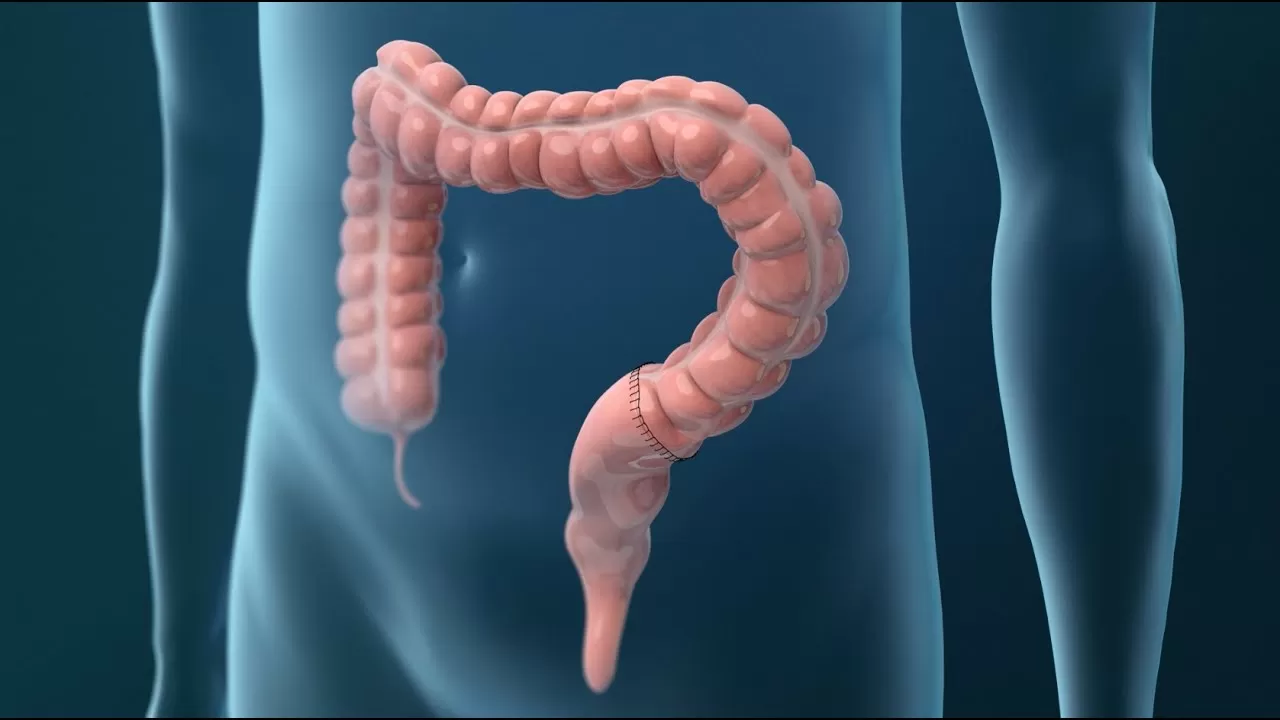Visit our website to learn more about using Nucleus content for patient engagement and content marketing: https://healthcare.nucleusmedicalmedia.com/?pk_campaign=lead-generation… MEDICAL ANIMATION TRANSCRIPT: Treatments for colorectal cancer include surgical procedures, chemotherapy, and radiation therapy. Early cancer or polyps may be removed during a colonoscopy. During this procedure, a flexible tube will be inserted through your anus. In most cases, if a polyp is found, it will be removed. If a small area of cancer is found, it will be removed. For larger areas of cancer, you may need to have a surgical procedure to remove the affected part of your large intestine. Your surgeon may remove part of your colon, or part, or all of your rectum. Nearby tissue, such as lymph nodes may also be removed to see if cancer has spread there. In most cases, the remaining ends of your large intestine will be reattached. But, sometimes the surgeon will not attach the remaining ends right away. Instead, a procedure may be done to attach the top end of your large intestine to an opening in the skin of your abdomen and the bottom end will be closed with staples or sutures. This new opening in the skin allows solid waste to empty into an attached bag. Usually, the opening is temporary. If temporary, the ends of your large intestine will be reconnected in a later procedure. Chemotherapy, radiation therapy, or both may also be recommended, either before or after a surgical procedure. Chemotherapy uses drugs to attack and kill cancer cells. Radiation therapy is often used along with chemotherapy. The high energy rays in radiation therapy attack and destroy cancer cells. Other treatments may also be recommended for colorectal cancer. Talk to your healthcare provider if you have any questions. ANH17199
- 4 views

